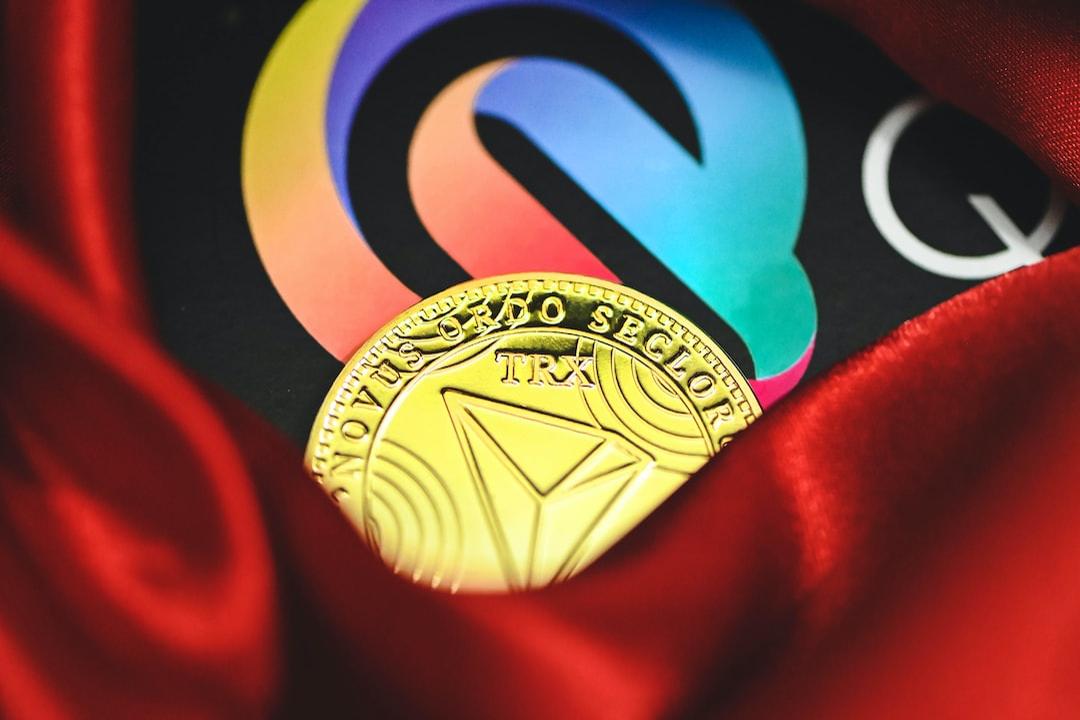Renowned NVIDIA founder and CEO, Jensen Huang, delivered a speech on June 16th, where he shared one of the most profound lessons he has learned in his life. He recounted an experience in a traditional Japanese garden in Kyoto, where he sought advice from a gardener. Huang encouraged the graduating students to find a craft they are willing to dedicate their lives to and to prioritize their life goals.
Huang revealed that he was deeply inspired by this encounter, and as a result, he began prioritizing his most important tasks in the morning. This way, he could utilize the rest of his day to assist others with their work. Huang proudly stated, “Before I even start working, my day is already a success!”
He emphasized that the next wave of artificial intelligence (AI) would be centered around robotics, and he specifically mentioned “robots” as the next AI trend. Huang expressed his desire for the graduates to pursue their professions with dedication and resilience, and to view setbacks as new opportunities. He encouraged them to explore uncharted territories and find their own unique contributions in the fields of GPU, CUDA, generative AI, and NVIDIA.
Regarding the future development of the industry, Huang believed that the next AI wave would emerge in the field of robotics. He underscored that this prediction was the result of a series of setbacks experienced by NVIDIA. Huang stated that NVIDIA always pursued the “zero billion-dollar market” because although the company developed new products each year, they would be “kicked out” of those markets within a year. When there were no more markets to turn to, they decided to create something with no customers and no competitors.
Huang revealed that robotics was that new market, and NVIDIA had developed the first robotics computer that operated through deep learning. He believed that this transformation, which occurred over a decade, would create the opportunity for the next wave of AI.
Huang also shared a personal story to inspire the graduating students. He mentioned that in the past, he used to work at an international site for a month every summer. When his children were teenagers, they spent a summer in Japan, where Huang encountered an elderly gardener during a visit to the Ginkaku-ji Temple in Kyoto.
Recalling the incident, Huang described how, despite the sweltering heat, the gardener diligently attended to the moss with a bamboo tweezers. Huang was baffled and couldn’t resist approaching the gardener to ask what he was doing. The gardener replied, “I am picking up dead moss. I am taking care of my garden.” Huang then commented, “But your garden is so big.” In response, the gardener said, “I have been taking care of my garden for 25 years. I have enough time.”
Huang considered this conversation to be one of the most profound lessons he has learned in his life. He explained that by wisely managing one’s time, one could focus on the most important tasks, such as aiding the growth and development of employees. Huang shared that he starts each morning in the same way, by prioritizing his most important work. Consequently, before he even starts his official work, his day is already a success. By completing his most important tasks, he can then dedicate the rest of his time to helping others. Thus, whenever people apologize for interrupting him, he always reassures them, saying, “I have plenty of time.”
In conclusion, Huang expressed his hope that the graduating students would find a craft they are passionate about and dedicate their lives to perfecting it, while incorporating their work skills into it. He also reminded them of the importance of life itself, stating, “Many things are happening, and many things can be done, but prioritize your life.”
Reference: CNBC, NVIDIA
Extended Reading:
Learn Jensen Huang’s “Less Than 6 Lines” Efficient Communication Technique! Harvard Study: Which Type of Email Grabs Attention Instantly
This article was initially generated by AI and edited by Li Xiantai. This article is reposted in collaboration with Digitimes.

